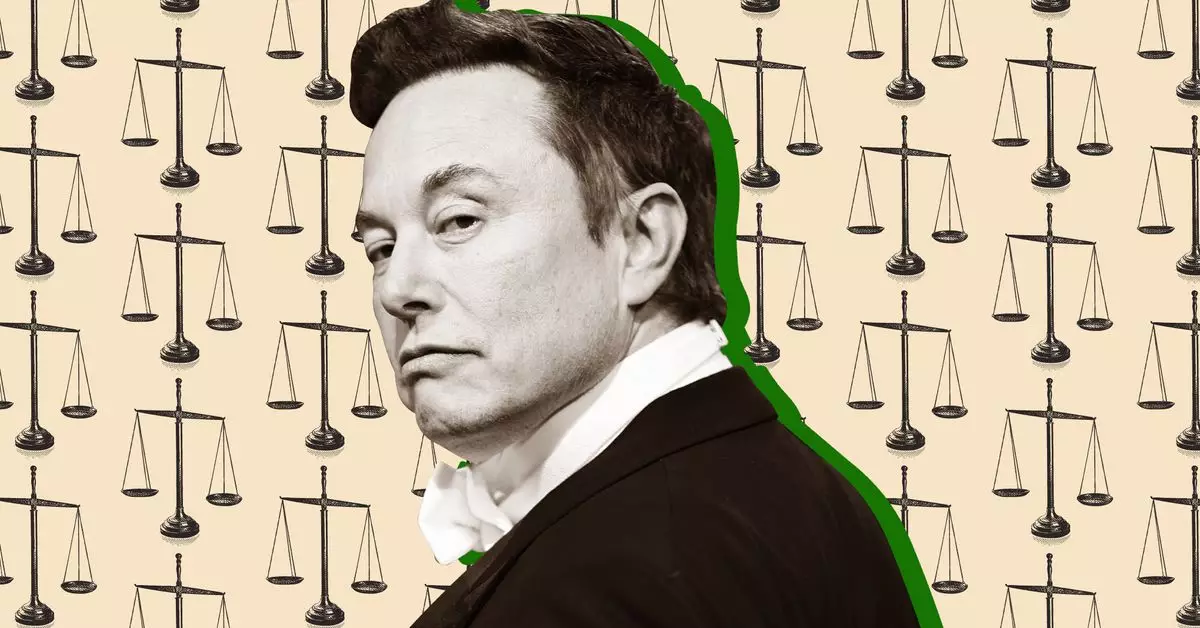In an escalating legal dispute that places tech mogul Elon Musk at odds with OpenAI, recent developments have shed light on the motivations and implications surrounding Musk’s lawsuit. Filed late Friday, Musk’s attorneys have initiated a motion seeking a preliminary injunction to halt OpenAI’s transition towards a for-profit framework. This move reflects broader concerns in the tech industry regarding ethical business practices, competition, and the evolving role of AI in society. Musk’s legal team posits that the transition represents not just a shift in OpenAI’s business model, but a potential breach of established antitrust laws.
A significant point of contention in Musk’s argument pertains to alleged self-dealing practices orchestrated by OpenAI CEO Sam Altman. Musk’s attorneys contend that these actions not only threaten the financial stability of the company but also undermine the principle of fair competition in the tech space. The claim is that should Musk prevail in this lawsuit, there may not be sufficient funds available within OpenAI to address any damages awarded. This raises critical questions about corporate governance and accountability, particularly within firms that wield substantial influence over innovative technologies and their applications.
The lawsuit’s antitrust allegations are centered on claims that OpenAI and Microsoft colluded to deter investors from funding competing enterprises. This accusation is grounded in provisions of the Sherman Act, which prohibits monopolistic behavior. If substantiated, these claims could have profound consequences for the involved parties, potentially reshaping the competitive landscape of the AI industry. Musk’s focus on these antitrust implications underscores a broader concern regarding concentration of power and the ethical responsibilities of tech giants in nurturing a fair business environment.
OpenAI’s recent inclination to pursue a for-profit business model could signal a seismic shift in its operational direction and long-term objectives. While profitability is a natural goal for enterprises, especially those invested in developing cutting-edge technologies, it raises ethical questions about the prioritization of financial gain versus the foundational mission of research and development in artificial intelligence. Critics argue that such a transition could potentially skew OpenAI’s innovations toward short-term gains rather than fostering genuine advancements that benefit society at large.
This developing lawsuit not only highlights the complexities of corporate transformation in the tech industry but also exemplifies the ethical dilemmas that arise when profit motives collide with the mission-driven ethos that many AI organizations espouse. As the case unfolds, it will be essential to monitor how these events influence the regulatory landscape and shape the future interactions among influential tech players like Musk, OpenAI, and Microsoft. In navigating this intricate legal landscape, the outcomes may well set precedents that impact innovation trajectories, funding dynamics, and competitive practices within the AI sector.

